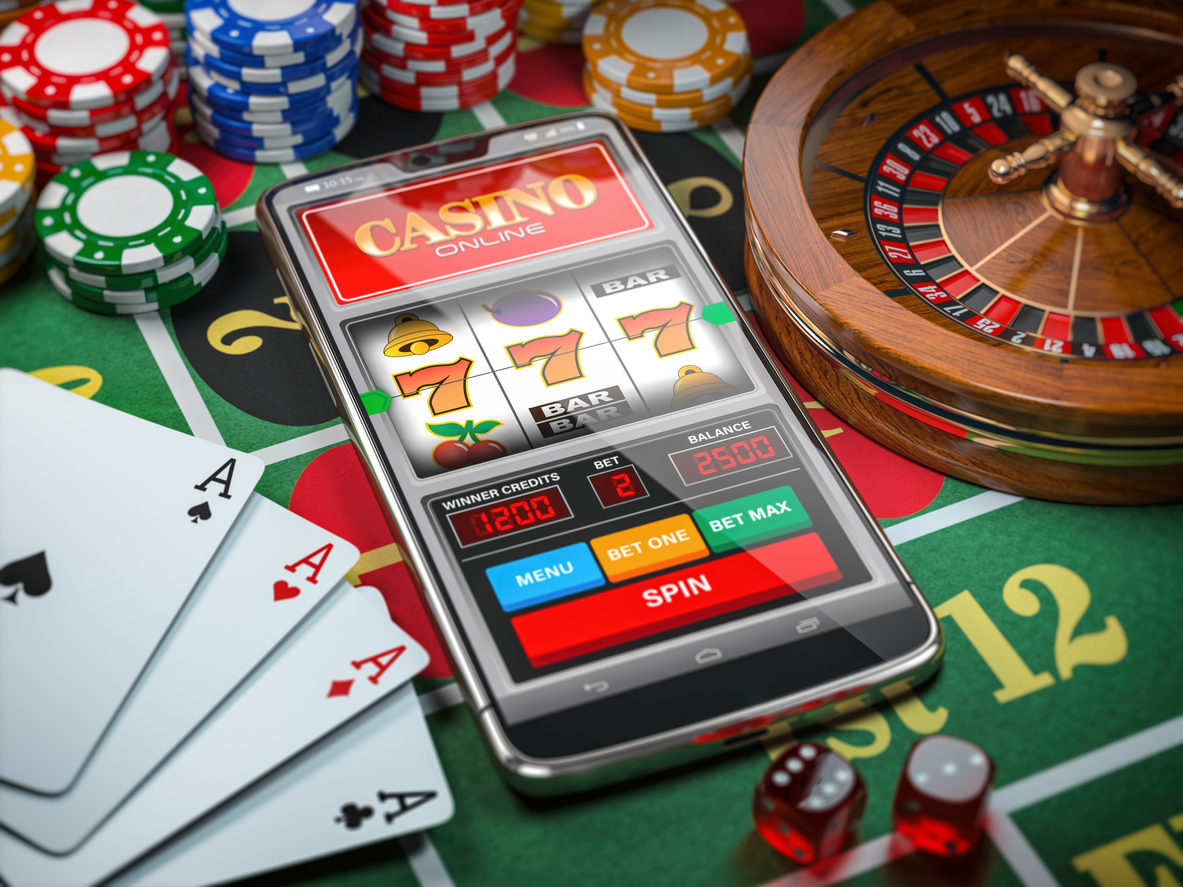
In the vibrant world of gaming, gaming games have long seized the attention of participants around the world. These games, ranging from traditional table options like Texas Hold’em to the rotating reels of fruit machines, offer an captivating blend of luck and tactics. While chance undeniably plays a important role in influencing outcomes, the significance of expertise in many gambling activities cannot be neglected. Comprehending how skill influences the experience can elevate not only a player’s engagement but also their likelihood of winning.
As we delve deeper the inner workings of gambling activities, it becomes apparent that some demand a strong foundation of wisdom and strategy. Activities like blackjack call for more than simple fortune; they demand strategic thinking, emotional insight, and strategic decision-making. In comparison, other activities, such as roulette and slots, are primarily based on luck, allowing gamblers to rely entirely on random chance. This difference raises fascinating questions about what really drives success in the world of casinos and how a player’s skill set can sway the outcome in their benefit.
Understanding Skill versus Luck in Casino Activities
Within the realm of casino games, the discussion between skill and luck is a long-standing one. Several games are frequently divided into two groups: those that depend predominantly on randomness, such as slots and the wheel, and those where skill plays a major role, like the game of poker and blackjack. The difference is important because it affects not only gameplay strategies but also the approach players adopt when participating with these games. Although luck can play a decisive role in the immediate, skilled players can increase their chances of winning over the long run in skill-based games.
Skill-based games, especially poker, necessitate players to understand probability, human behavior, and game strategies. A seasoned poker player can read rivals, make calculated bets, and understand when to fold, all of which can lead to more successful outcomes. On the other hand, in games that are purely chance-driven, no amount of skill can alter the odds. This implies that although a player may win big in one session, their victory may often be subject to the vagaries of chance results rather than any strategic expertise.
In the end, both skill and luck exist together in the world of casino games, forming a dynamic environment for players. Although games of chance can provide thrill and instant gratification, proficiency and strategy in skill-based games offer a richer level of engagement for those willing to dedicate time in refining their craft. This interaction between skill and luck defines the journeys of players and influences their relationship with the games they choose to play.
The Impact of Expertise on Casino Results
In the realm of casino games, skill plays a key role in determining the outcomes, especially in games where strategy and decision-making are paramount. For instance, in poker, competitors must assess rivals, calculate probabilities, and make strategic bets to maximize their odds of succeeding. Unlike games that rely purely on luck, such as slot machines or the roulette wheel, poker demands an understanding of both the rules and the psychology of other participants, making skill a critical component of success.
Additional skill-based games, like the game of blackjack, also highlight the importance of player expertise. https://vnew88.net/ Understanding of basic tactics, card counting, and when to hit or stand can dramatically influence the casino advantage. A proficient blackjack player can reduce this edge and boost their chances of success over time. This contrasts with games that do not permit for such strategic play, showcasing how the level of skill directly affects the potential for favorable outcomes.
Additionally, even within games deemed primarily luck-based, like the game of craps, the choices made by gamblers can influence their overall success. Choosing the right bets, comprehending the likelihoods of different outcomes, and managing one’s bankroll are essential factors that can enhance a player’s experience and results. Thus, while chance remains a factor in gambling, skill can significantly influence how effectively players navigate these settings, leading to more positive outcomes.
Tactics for Skillful Play in Gaming Establishments
To thrive in gambling games, players must develop a robust comprehension of the regulations and probabilities involved in every game. This essential knowledge enables individuals to make wise choices, especially in skill-based games like Texas Hold’em and blackjack. Getting familiar oneself with game tactics, such as keeping track of cards in blackjack or recognizing betting patterns in poker, can significantly enhance a player’s odds of winning. Practicing these tactics through mock games or lower-stakes games allows players to refine their skills without risking substantial amounts of cash at stake.
Another key approach is bankroll management. Players should create a budget before going into the gaming establishment and stick to it strictly. This involves determining how much they are prepared to lose and imposing restrictions on how much they will bet in each session. By keeping a disciplined approach to spending, players can sustain their play and reduce the risk of major losses. Additionally, taking breaks can help maintain a clear mind and prevent impulsive decisions that often lead to poor play.
Ultimately, emotional control is vital in the intense environment of a gambling house. Players must learn to manage their emotions, particularly during periods of success or losing streaks. Staying attentive and not letting emotions influence gameplay can lead to more sound decisions. Methods such as taking deep breaths or walking away from the gaming table during heated moments can help keep calmness. By cultivating a steady state of mind, players can approach gambling games with assurance and skill, ultimately enhancing their complete experience and results.
